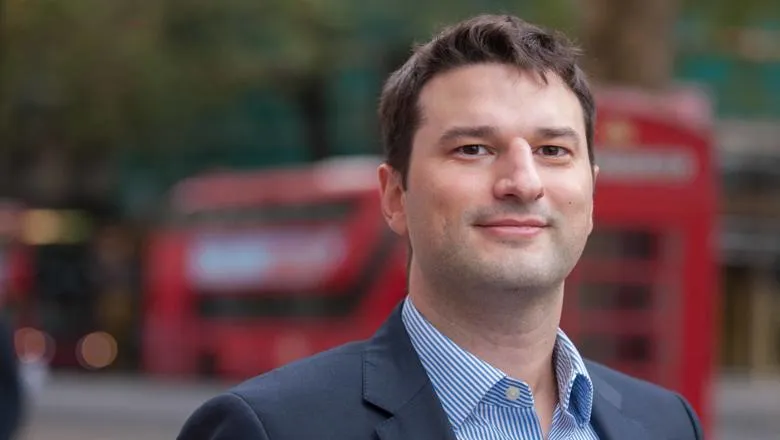18 April 2019
Thinking of driving on 20 April?
Health economist Dr Sotiris Vandoros explains why his work on Cannabis Celebration Day could help keep you safer

Sotiris Vandoros is a Senior Lecturer in Health Economics at King’s College London, and an Adjunct Associate Professor at Harvard University. We spoke to him about his research interests, and how he uses statistical methodology help find ways to keep us safer and healthier.
Where does your interest in accidents come from?
I’m a health economist, and as well as studying pharmaceutical markets and their impact on the cost of delivering healthcare, I am also interested in behavioural economics and whether we can use ‘nudges’ to reduce harmful behaviour.
Road accidents are an important example of social and economic harm. The UK Department of Transport estimates that each injury-causing accident costs us an average £90,000 in medical, ambulance and policing costs and lost economic output. If we can understand the factors that cause accidents better, we can find more effective and targeted ways to prevent them.
How can an economist help us understand accidents?
We’ve got a good understanding of some of the factors, like alcohol, that cause accidents, but there’s no realistic way to replicate all the factors that might cause an accident in a laboratory setting. You have to use statistics to analyse natural experiments and understand the factors at play.
So why should we be wary about getting behind the wheel on 20 April?
20th April is what we call a ‘natural experiment’, in that it gives us an opportunity to explore the effects of behaviours associated with cannabis celebration day on driving, without having to artificially create certain conditions. With my collaborator at Harvard, we looked at data between 2011 and 2015.
We looked at accidents that occurred after 16.20 on the 20 April over a five-year period, and compared this to accidents from 16.20 onwards on the same day of the week in the two weeks before, and two weeks after the 20. We found that after controlling for factors like unemployment and high petrol prices that tend to reduce the number of vehicles on the road, there were 17.9 per cent more injury causing crashes after 16.20 on 20 April than at the same time on the other days we studied. This relative increase in crashes only became noticeable once the cannabis celebration day appeared to have become more widespread and there were only a handful of other days in the calendar year when there was a similar relative spike in the number of accidents.
Whether it’s because the cannabis celebration day means there are more younger people on the road, or because they are potentially using alcohol as a group as well as cannabis, the statistics show that if you drive on the 20 April, you are more likely to be involved in an accident.
Cannabis is already illegal, so how does this information help us?
Precisely because cannabis is already illegal in the United Kingdom, it has been more difficult to understand the effects associated with its use. This study gives us more insight to build on, and it has lots of potential applications.
There’s only one nationwide cannabis celebration day, but there’s probably other days when the same factors are reproduced in miniature; a concentration of younger drivers on the road, often potentially distracted by their friends, drug use, and alcohol, texting etc.
Even now the problem of drug driving isn’t as high-profile as drink driving – and our research is good evidence that it’s time to introduce more public awareness campaigns on the issue. Just as with alcohol, people should not drive after consuming cannabis, or if they are sleep deprived or distracted.
There’s also an international aspect to this. The UK introduced roadside testing for cocaine and cannabis use since 2015, which helps to secure specific drug-driving convictions. However, there are lots of countries that still don’t test for drug driving. The correlation between cannabis use and higher accident rates adds to the evidence base for policy-makers in other countries to consider when they are investigating the value of introducing these tests.
